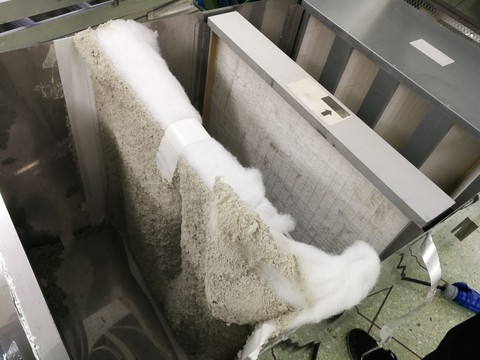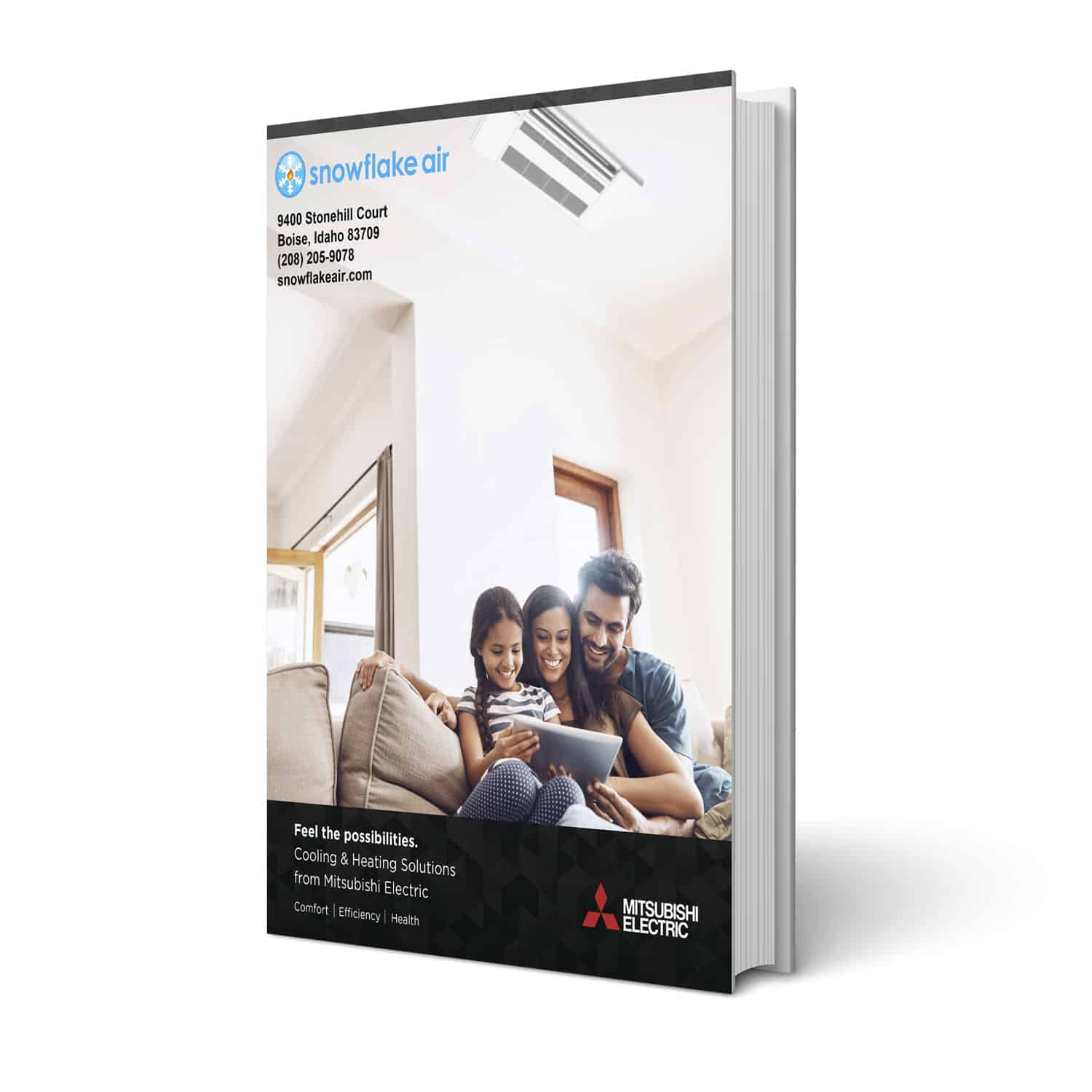Indoor air quality continues to be a big issue for businesses in the 2020s. Everyone — from office buildings, restaurants and nail salons to daycares and auto repair shops — must ensure they’re using the best air filters to ensure a safe, healthy, indoor space.
On the one hand, there’s not too much more to consider. After all, the filters themselves haven’t really changed.
One the other, it’s a good idea to get a few updates — and review the basics — about this essential component in your heating and cooling system. So, we’ll start with some air filter 101 information and move on to the best recommendations.
Read on, and be sure to email or call us at Snowflake Air when you’re ready to learn more about improving your indoor air quality in the Boise, ID area.
A Quick Primer on Commercial HVAC Air Filters
Before we go any further, let’s get some baseline information on commercial HVAC filters settled. Really, these aren’t much different than the screens you use in your home heating and cooling system.
But, most commercial setups are bigger and more complex. Most places have a maintenance plan that includes a professional changing out the filter and other work.
What you need to know in 2023 is that a “standard” air filter won’t protect you against viruses. They’re rated to catch small particles such as dust, dirt and pet dander. But, they’re not so fine that they’ll trap microorganisms, including viruses and bacteria.
It’s possible to invest in filters with higher MERV ratings that can do this. But, there are some important considerations when it comes to doing that. We’ll get into those in a little while.
That said, it’s possible for even a standard screen to hold onto some virus particles. Again, we’ll go into more detail about how this happens and what that means for you.
Should I Change My Commercial HVAC Filter More Often in 2023?
You don’t need to change your commercial air filter more than once a month. We see some places recommended every three months in general, but your best bet is still every four weeks. However, you should take extra precautions when handling them.

There is a chance you’ve caught some virus particle on the screen. As the filter gets full, less and less can get through it. Eventually, you may start trapping some microorganisms in there, too.
With that in mind, we’ve seen a new line of thinking that says you could go longer without changing the screen.
The thinking goes that even a regular filter will start trapping those microscopic particles and, in that sense, do a better job. However, we don’t recommend this, especially for a commercial space.
First of all, along with trapping more particles, you’ll weaken the airflow throughout your building. Eventually, air also cannot pass through a clogged filter. It’ll be too hot and humid in the summer, and too cold in the winter.
And, you can do some severe damage to the system. It adds extra work and stress on the moving parts to push the air through. In the winter, warmth backing up into the system can result in a cracked heat exchanger.
Finally, you have no way of measuring how effective this is or where the sweet spot lies between trapping more contaminants and damaging your system.
Replacing or Cleaning Air Filters and Other Components
There are a few things you should do differently in 2023 when it comes to your air filters. While most are disposable, some models are reusable but need cleaning. We’ll address them both.
When it comes to throwing out a filter: Be much more cautious than before. As we discussed previously, it’s possible for there to be a build-up of virus particles on there.
Remove it gently and slide it right into a trash bag. Then, tie up the bag immediately. This procedure dramatically reduces the chances of you shaking any pathogens loose and letting them get into the air around you.
If you’re cleaning a reusable model, do so outside, if possible. And, no matter what, be as gentle as possible. Again, the idea is not to get virus particles recirculating through the air.
Finally, don’t use a pressure washer right now on anything. This is how some people clean the evaporator coil on a commercial system — the component that the air passes over.
Can I Get a Stronger Filter For My Commercial HVAC System?
Filters with higher MERV ratings are more robust than those with lower ratings. A stronger one will also block viruses and other microorganisms. But, it may be so fine that it can damage your HVAC system. So, it’s best to check with a professional before making that investment.

The problem with a filter that’s too strong is the same as with one that’s clogged: severely reduced airflow.
If you’re looking to use your heating and cooling system to help with indoor air quality, you’re better off going with an air purifier that hooks up to your central system.
This way, you’ll get treatment throughout your entire space. And, these will use way stronger filters. They also come with the mechanics necessary to make sure you don’t lose airflow along the way.
You can also consider air purifiers, especially for bars and restaurants, to keep your customers happy and healthy.
HVAC Service in Boise, ID
Call or email us at Snowflake Air to find out more about improving the indoor air quality in your Boise, ID commercial space. Whether it’s an office park, retail space, repair shop, bar, daycare, or salon, we can help. That starts with our worry-free air filter program and extends to air purification, ductwork service, and more.



![Commercial HVAC Filter Recommendations for Boise, ID [2020]](https://snowflakeair.com/wp-content/uploads/2020/08/dreamstime_xs_179458189.jpg)

Trackbacks/Pingbacks